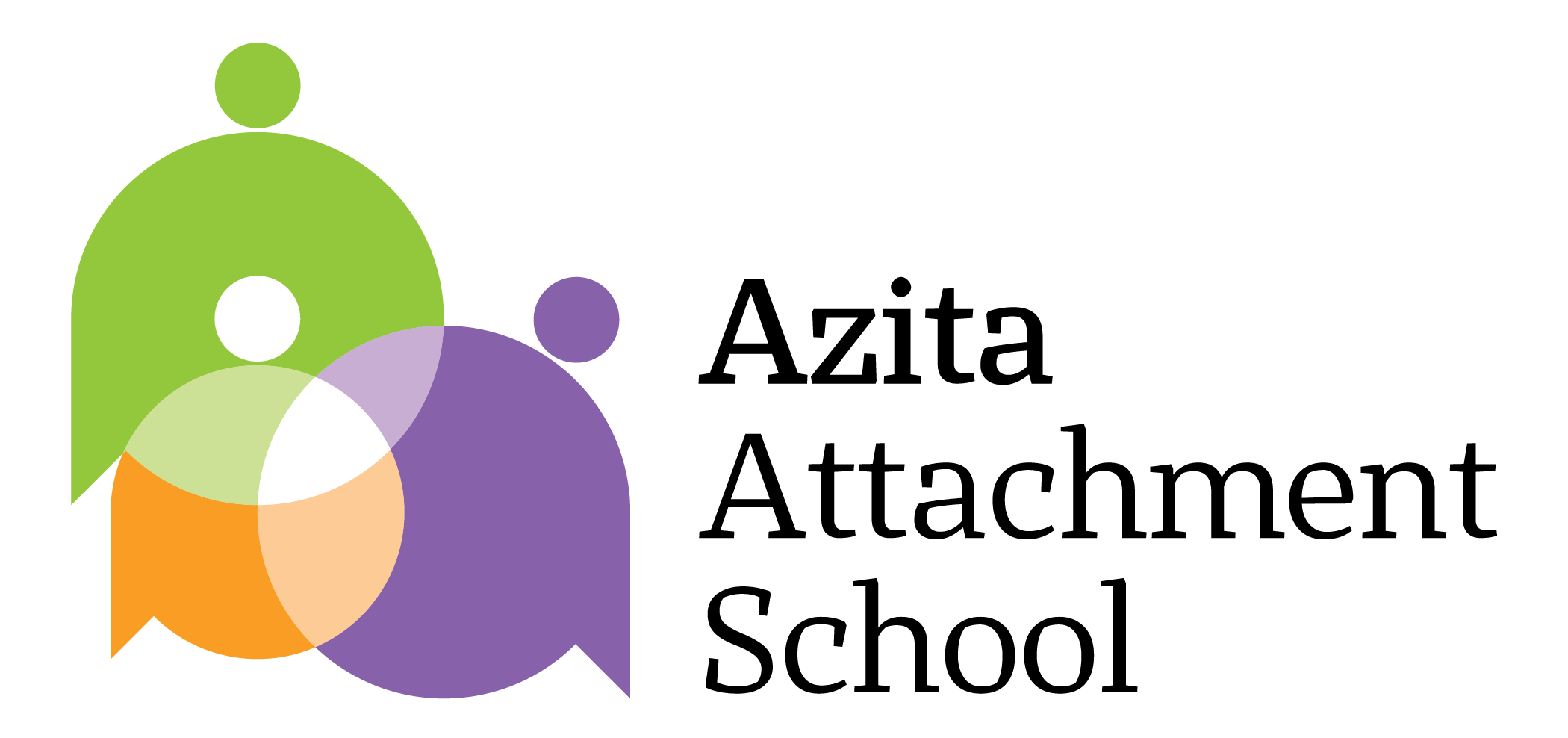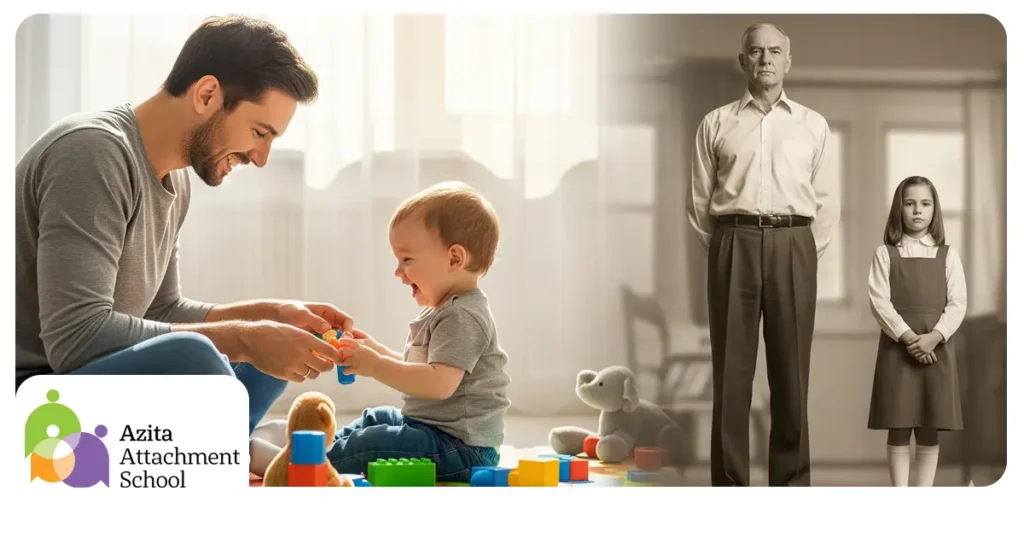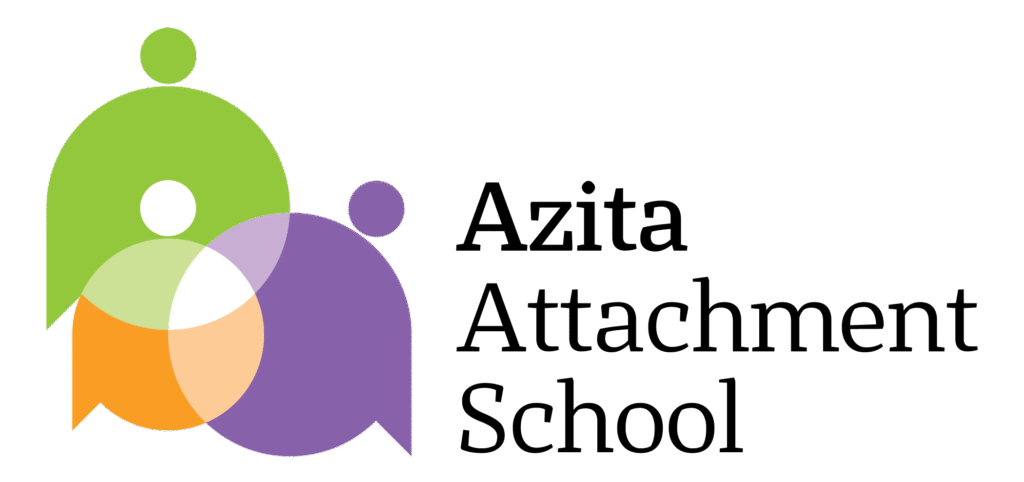Today’s parents reject harsh discipline and embrace attachment-based, positive parenting. Discover history, research, global data, case studies, and practical solutions.
Introduction
Parenting has never been static—it evolves with culture, science, and society. What was once considered “proper parenting,” such as corporal punishment, strict obedience, or harsh discipline, is now being widely rejected. Modern parents increasingly seek approaches that nurture emotional well-being, strengthen attachment, and break harmful intergenerational cycles.
Why is this happening? Why are today’s parents moving away from traditional methods?
Historical Background and Research
- 20th century: Authoritarian parenting was dominant. Corporal punishment was normalized and widely accepted.
- 1960s–70s: Psychologist Diana Baumrind identified four parenting styles—authoritarian, authoritative, permissive, and neglectful.
- 1980s–90s: Attachment theory (Bowlby, Ainsworth) showed how early parent-child relationships shape lifelong mental health and relationships.
- 21st century: Neuroscience revealed that harsh parenting increases cortisol, disrupts brain development, and raises long-term anxiety.
Global Research and Data
- United States (Pew, 2021): Over 60% of parents report parenting differently from their own parents.
- Europe (Eurostat, 2020): Corporal punishment rates dropped below 15%, compared to over 60% in the 1970s.
- Iran (2019 study): Educated parents are shifting toward dialogue-based and coaching approaches.
- WHO (2016): Officially classified corporal punishment as a form of violence against children.
Case Study
Mina, 35, mother of a 7-year-old boy:
“When I was a child, my father punished me for mistakes, and I lived in fear. As a mother, I noticed myself repeating these patterns. But after attending a conscious parenting workshop, I realized I could parent with dialogue, boundaries, and love. My son now trusts me, and when he has problems, he comes to me instead of hiding them.”
Why Modern Parents Are Moving Away from Old Methods
- Greater Access to Knowledge
- Today’s parents read books, follow psychologists online, and learn about attachment, emotional regulation, and positive discipline.
- Negative Childhood Experiences
- Many parents don’t want to repeat the pain they experienced—cycles of violence, shame, or silence.
- Cultural and Social Shifts
- Values like children’s rights, respect, and equality are replacing authoritarian norms.
- Changing Challenges of Childhood
- Digital dependency, academic stress, and social media pressures require new strategies.
- Influence of Neuroscience and Positive Psychology
- Science shows love, play, and secure attachment support development far better than punishment.
- Greater Access to Knowledge
Step-by-Step Interventions
- Self-awareness: Identify patterns inherited from your parents.
- Education: Read evidence-based parenting resources (e.g., The Power of Showing Up by Daniel Siegel).
- Set healthy boundaries: Balance warmth with clear rules.
- Practice emotional regulation: Pause before reacting in anger.
- Parent coaching: Seek professional support to adopt new methods.
Practical Guidance for Parents
If you notice your voice rising, take a deep breath.
Instead of asking “Why did you do that?” say “What made you choose this?”
Be a listener, not just a teacher.
Remember: change takes time, but it builds long-term trust.
Conclusion
Modern parents are distancing themselves from old methods because knowledge, cultural values, and children’s needs have evolved. Parenting today is no longer about control and obedience—it’s about building a relationship that is secure, respectful, and growth-oriented. With this shift, the hope is that future generations will carry fewer emotional scars and more resilience.


